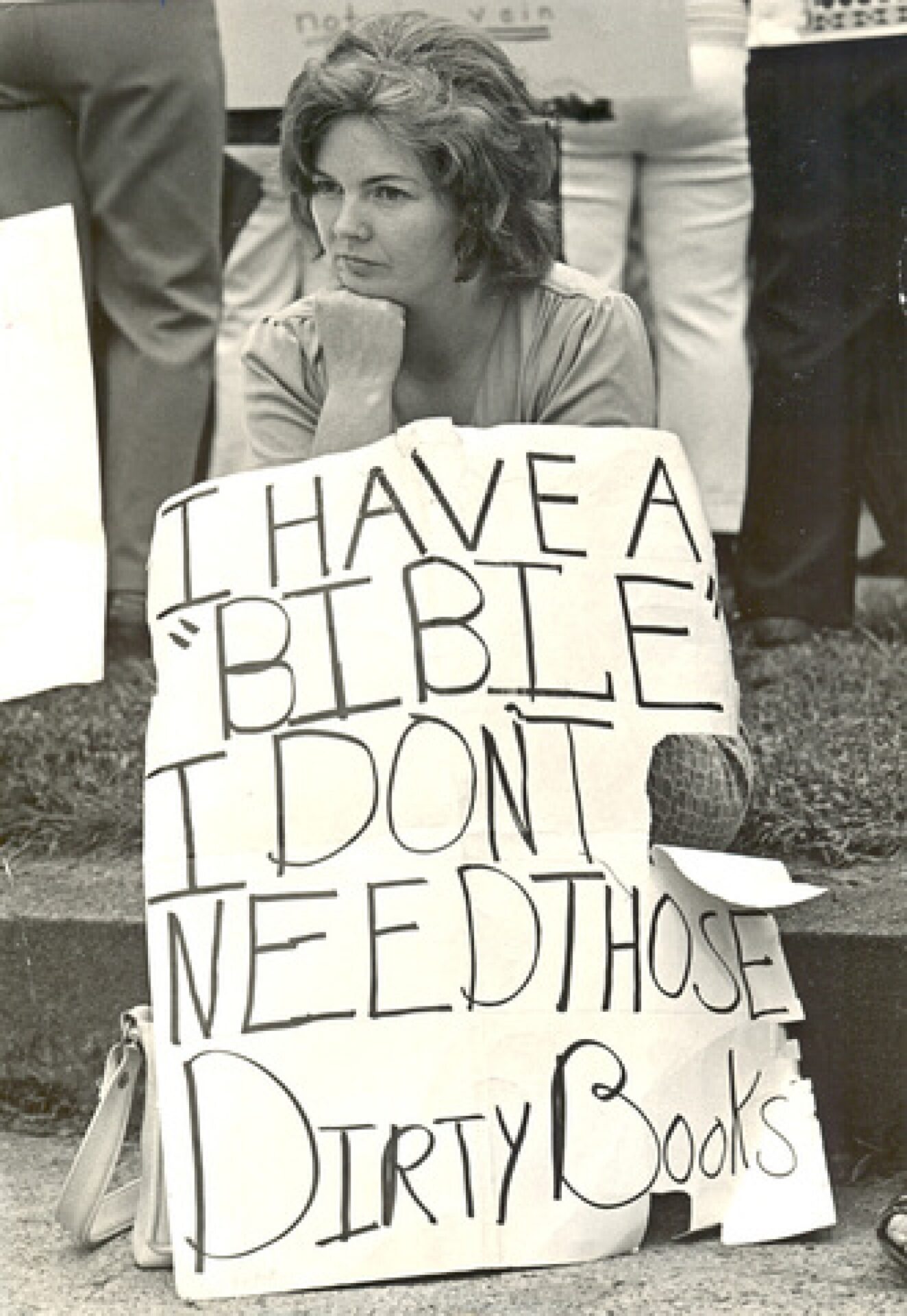Kathy Zerkle is a river ranger for the National Park Service who works in Fayette County in New River Park, and, you guessed it, she’s out of work these days. Furloughed. And while she’s concerned about what that means for the safety and well-being of the New River Park and the public that visit, and her personal future financially, she’s also concerned about how the government shutdown impacts the Grand Canyon—or at least her ability to experience it.
Zerkle says the National Park Service has already been operating in a limited capacity under the government sequestration, and now, what was a staff of about 100 has been cut to 9. She says she’s frustrated by policy makers’ inability to balance matters of public safety with partisan agendas, but moreover, now she’s seeing her dream of rafting down the Grand Canyon dashed as well.
“I certainly didn’t want to see the President give in to the tactics of the Republican Party, just so that I can go on the Grand Canyon, but it sure would be nice to go on the Grand Canyon! We’ve been planning this for over a year.”
Zerkle explains, in order to raft down the Colorado River that carved out the Grand Canyon, you have to pay a fee and enter a lottery a year before you hope to float.
“A year ago, February, I went ahead and put in for this year and was awarded a date, which happens to be October 25th, and I can take a maximum of 16 people for 21 days down the Grand Canyon.”
Food, gear, transportation—that’s all up to whomever gets the golden ticket—so to speak. Zerkle says she and her friends have been preparing, investing, and there’s a mountain of gear sitting in her home, ready to be driven across the country. But she’s not sure if she and her cohorts can afford to trip-it all the way to Arizona just to be denied access at the gate. She says 22 groups have tried to put-on since the shutdown and they’ve all been turned away.
So why, right? Even though the National Park Service is furloughed, rafting continues in West Virginia. It’s one of the busiest times of the year, in fact. Zerkle explains that it really comes down to access.
“A lot of the properties within our boundaries are owned by private entities, the roads are state roads, there’s private property at the end of the government roads and even at the end of the Park’s roads, so we can’t block access. Plus, I like to think that in New River, our superintendent, coolers heads prevailed and they were able to find a way to say that the New River and the Gauley River are navigable water ways and the only people who can shut down access to navigable waterways is the US Coast Guard.”
But it’s a different story out West. All the property surrounding the Grand Canyon, all the roads, all the concessions, the put-in areas, plus the permitting process, the required check-list that has to be verified, the required orientation procedures that teaches the public how to protect the resource during the three-week excursion—it’s all is under the control and management of the National Park Service.
So Zerkle’s livelihood and her dream of rafting down the Grand Canyon are on hold. While it makes her feel ill, she says her priorities are still in line, and her biggest concern remains the future of the nation. Her opinion of Washington? Her faith in leadership?
“We are really just pons in the Big Game. It bothers me that these people that are elected officials who are supposed to be here for the good of the group are really more concerned about what I feel their personal agendas are.”
In the latest developments, over the weekend, The Grand Canyon and other national parks were opened to the public, but only because states have come up with the money to support them. And while that bodes well for some tourists–and the businesses that rely on them–it’s a temporary deal. It costs in the ball park of $100,000 a day to operate a park like the Grand Canyon. States have only been able to promise about a week to the public which means, Kathy Zerkle and her friends, who are scheduled to visit the canyon October 25th, are still in limbo, hoping legislators will strike a deal, and soon.
